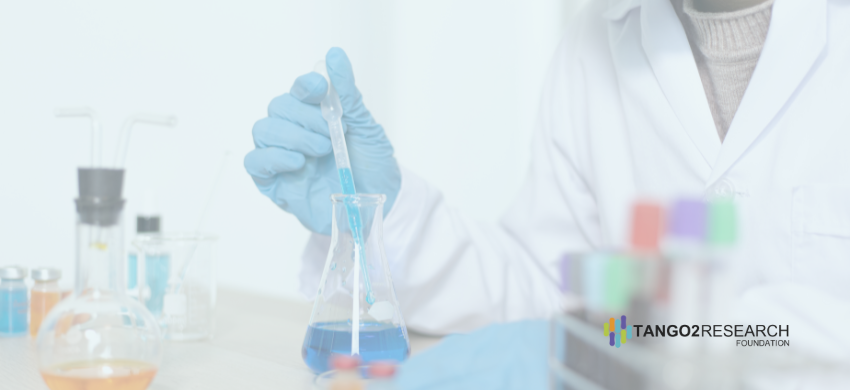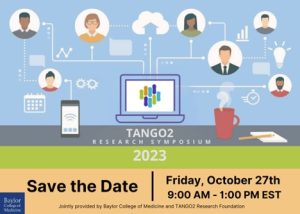Many researchers would agree a significant issue within the TANGO2 Deficiency Disorder community is lipid imbalances. But what does that mean?
What are lipids, and why are they so important?
Lipids, more commonly known as fats, play several crucial roles in the body (Green & Shallal, n.d.). Not only are they introduced into our bodies when we consume foods that contain fat, but they are also produced by our bodies to create cell membranes and organelles, which are tiny components within cells that each play a specific role (Green & Shallal, n.d.). Cells require these organelles and membranes to carry out all of their necessary duties (Kirk, 2022).
However, certain gene mutations can cause our bodies to overproduce or underproduce lipids (Kirk, 2022). These mutations damage lipids’ abilities to function normally in cells, and therefore, can hinder cells’ abilities to perform their typical functions as well (Kirk, 2022).
New research on TANGO2 Deficiency Disorder (TDD) indicates that the TANGO2 gene mutation may affect our production of lipids- such as lysophosphatidic acid and phosphatidic acid (Lujan et al., 2022). Given the importance of lipids in all of our bodies’ cells, as discussed above, it makes sense that these changes may lead to some of the symptoms that those with TDD may experience.
References
Green, S., & Shallal, K. (n.d.). Lipids – Nutrition essentials. Maricopa Community Colleges.
Kirk, C. (2022, December 15). Expanding the toolbox of lipid exploration. The American Society for Cell Biology.
Lujan, A., Foresti, O., Brouwers, N., Farre, A. M., Vignoli, A., Wojnacki, J., & Malhotra, V. (2022, November 5). Defects in lipid homeostasis reflect the function of TANGO2 in acyl-coA metabolism. bioRxiV.











